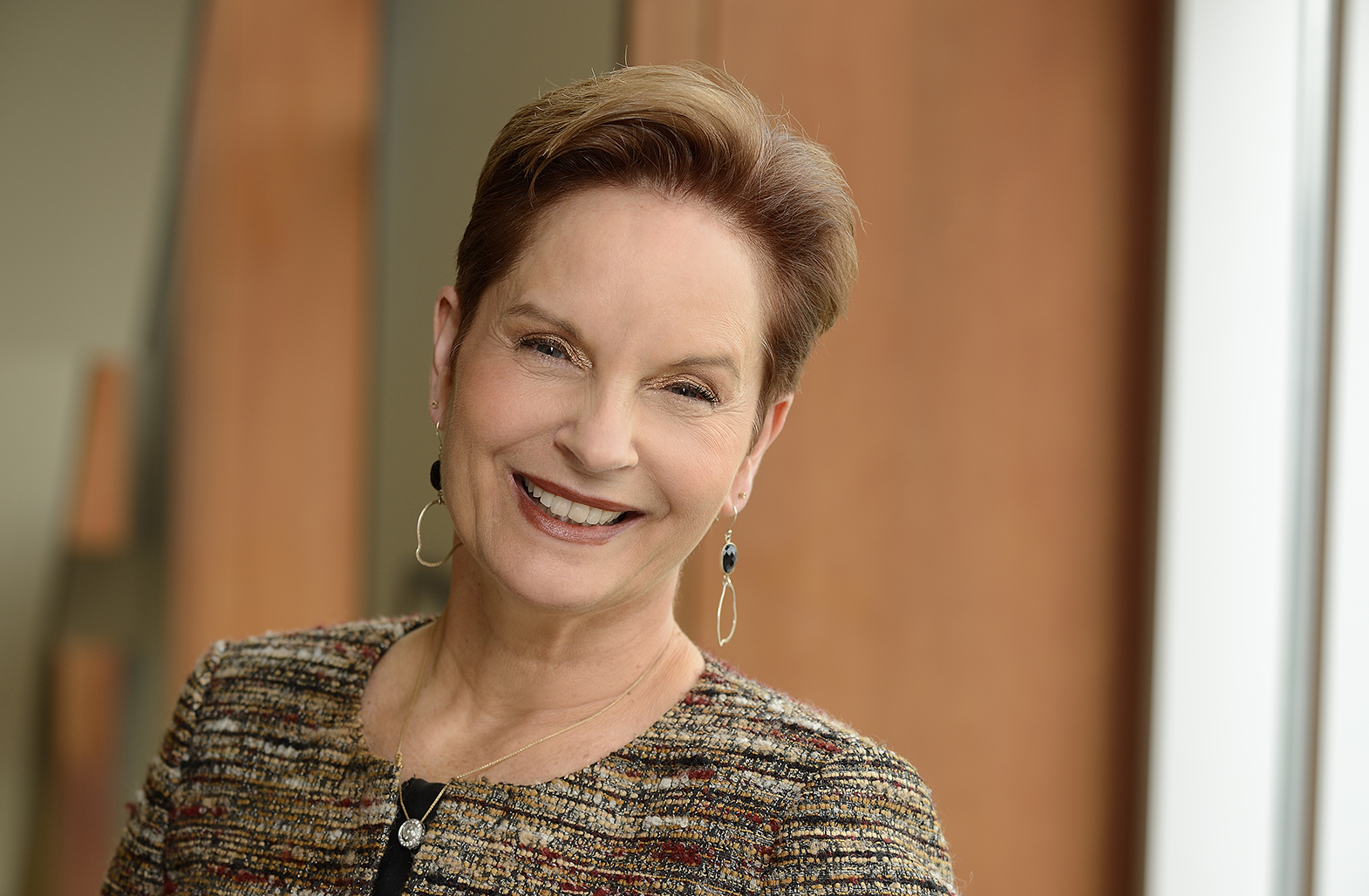Johns Hopkins School of Nursing’s (JHSON) Cynda Rushton, PhD, RN, FAAN, has been chosen to serve on a newly formed National Academies of Science, Engineering, and Medicine committee to develop recommendations for systemic solutions to combating clinician burnout. Rushton was one of only two nurses selected for the committee and will bring knowledge and insight as an experienced clinician, educator, and researcher in moral distress and suffering of clinicians, moral resilience, and cultures of ethical health care practice.
Burnout remains a critical problem for health care providers across the country and has potential for significant consequences on the profession’s workforce development, retention, and on the quality and safety of patient care. The committee—Systems Approaches to Improve Patient Care by Supporting Clinician Well-Being—will examine the current scientific evidence on burnout and implications for both clinician and patient, and develop interventions to promote well-being and resilience.
“Increased severity of illness, patient volumes, pressures to reduce costs, and moral distress are just a few of the factors putting additional stress on health care providers today,” says Rushton. “To turn the tide of burnout, we must commit to fundamental systemic changes in health care along with expanding tools to support the resilience and integrity of frontline clinicians.”
Beginning at its first meeting in October, the committee will also investigate key factors that influence clinical workflow and workload, functioning of interdisciplinary care teams, use of technology, and regulations and policies that impact clinicians and their ability to work well within their role and the health care system.
As JHSON Anne and George L. Bunting Professor of Clinical Ethics and a founding member of the Johns Hopkins Berman Institute of Bioethics, Rushton has been internationally recognized for her contributions to bioethics, ethics education, and clinical ethics consultation. In 2014, she co-led the first National Nursing Ethics Summit, held at JHSON, where nursing leaders developed the Blueprint for 21st Century Nursing Ethics. In 2016, she co-led a symposium focusing on transforming moral distress into moral resiliency and was co-chair of a subsequent American Nurses Association’s professional issues panel.
Her most recent work has been designing, implementing, and evaluating the Mindful Ethical Practice and Resilience Academy (MEPRA) to build moral resilience in frontline nurses who face ethical challenges related to patient suffering, adequacy of informed consent, resource allocation, and ineffective communication and care coordination. She has edited and authored the book Moral Resilience: Transforming Moral Suffering in Healthcare to be published by the Oxford University Press.
Recognized as one of Maryland’s Top 100 Women, Rushton has received three post-doctoral fellowships: a Robert Wood Johnson Nurse Executive Fellowship, a Kornfeld Fellowship in end-of-life, ethics, and palliative care, and a Mind and Life Institute Fellowship in Contemplative Science. She is a Fellow of the American Academy of Nursing and recognized as an “Edge Runner” and a Hasting’s Center Fellow.
“Now is the time to restore the integrity of clinicians by dismantling the systemic barriers that undermine their ability to provide safe, quality care to the patients and families they are called to serve,” says Rushton.
***
Located in Baltimore, the Johns Hopkins School of Nursing is a globally-recognized leader in nursing education, research and practice and ranks No. 1 nationally among graduate schools of nursing and No. 2 for DNP programs in the U.S. News & World Report 2019 rankings. In addition, the school is ranked by QS World University as the No. 3 nursing school in the world and is No.1 by College Choice for its master’s program. For more information, visit www.nursing.jhu.edu.
Media Inquiries
Danielle Kress
410-955-2840
